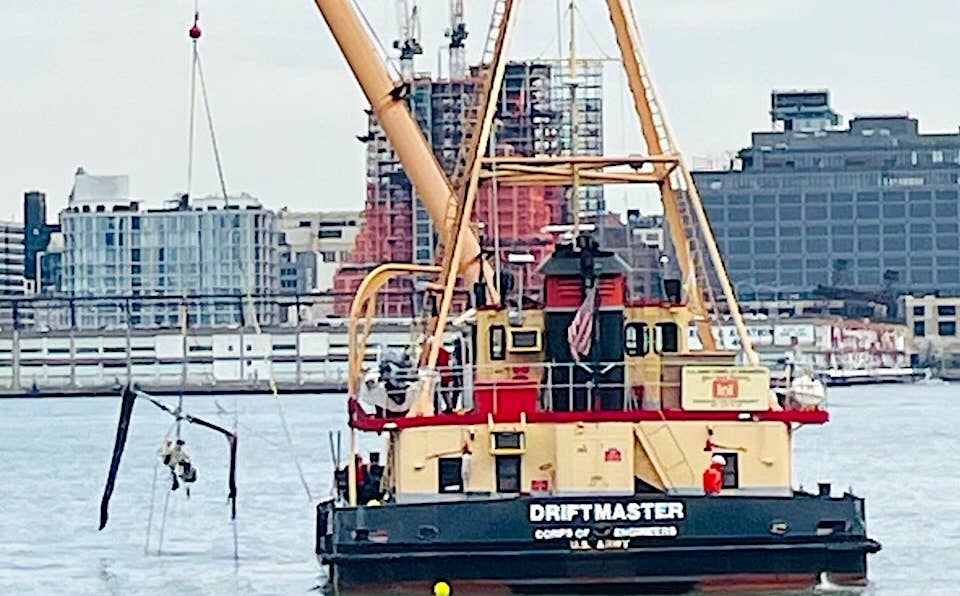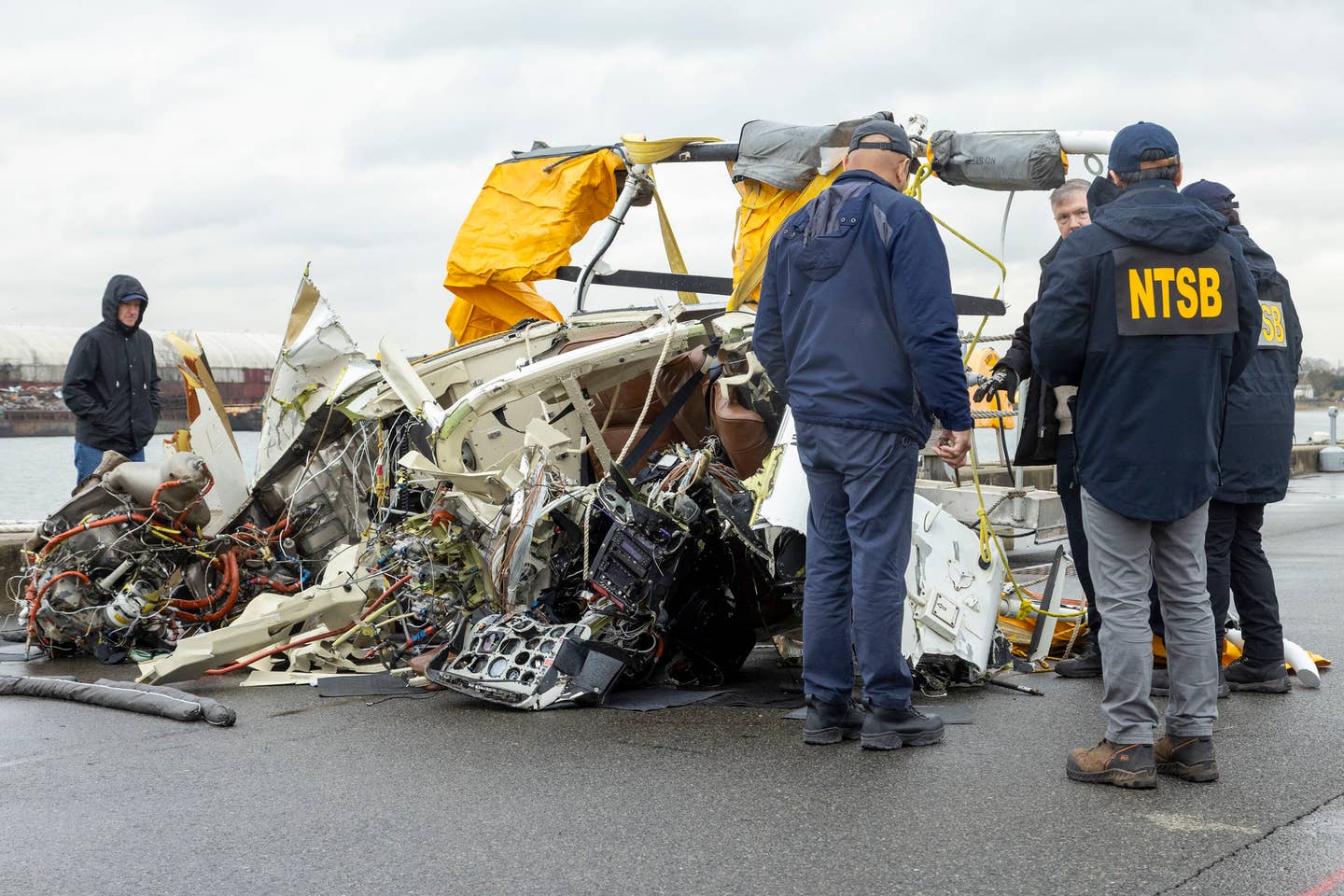Non-ADS-B Compliant? The FAAs Got A Reg For That
Operators who fail to have ADS-B out equipment installed by the January 2020 deadline will get a very cool reception from air traffic control according to an FAA policy statement issued yesterday.
Operators who fail to have ADS-B out equipment installed by the January 2020 deadline will get a very cool reception from air traffic control according to an FAA policy statement issued yesterday.
The rule, published in the Federal Register, says both scheduled and unscheduled operations with ADS-B equipment missing can receive rarely issued waivers to transit ADS-B airspace. But those exceptions will be few and far between and cannot be relied upon on a routine basis. Operators of unscheduled aircraft—most of GA, in other words—will receive a cold ATC shoulder at so-called "capacity-constrained" airports including Class B metroplex facilities like JFK, ATL, ORD and LAX, among others.
The rule states: "… scheduled operators may request an authorization to deviate from ADS-B Out equipage requirements ... however it is very unlikely to issue an authorization to a scheduled operator on more than an occasional basis, and is most likely to issue an authorization only when a compelling need exists." The FAA makes it clear ATC may not be able to grant every authorization request.
Operators of unequipped, unscheduled aircraft may request an ATC authorization to transit controlled airspace under 91.225(g), but "operators might not be accommodated for a variety of reasons."
In summary, the rule states that to operate in ADS-B airspace, an operator who has chosen not to equip with ADS-B Out must obtain a preflight authorization from ATC for all ADS-B Out airspace on the planned flight path. However, the FAA will be unlikely to issue routine and regular authorizations, especially near high-density airports.






